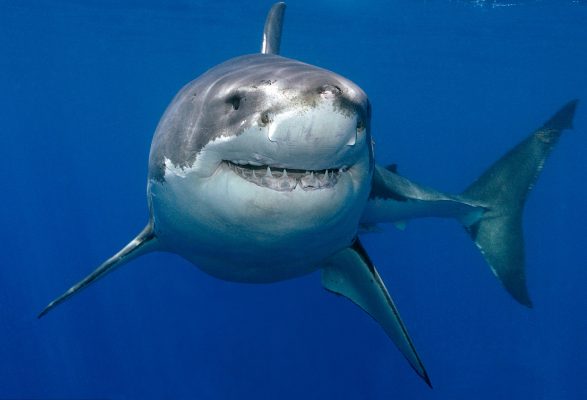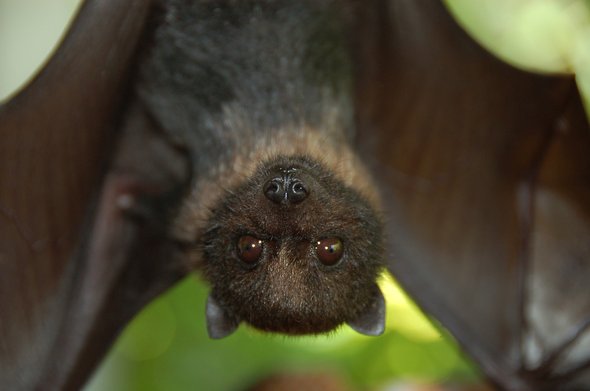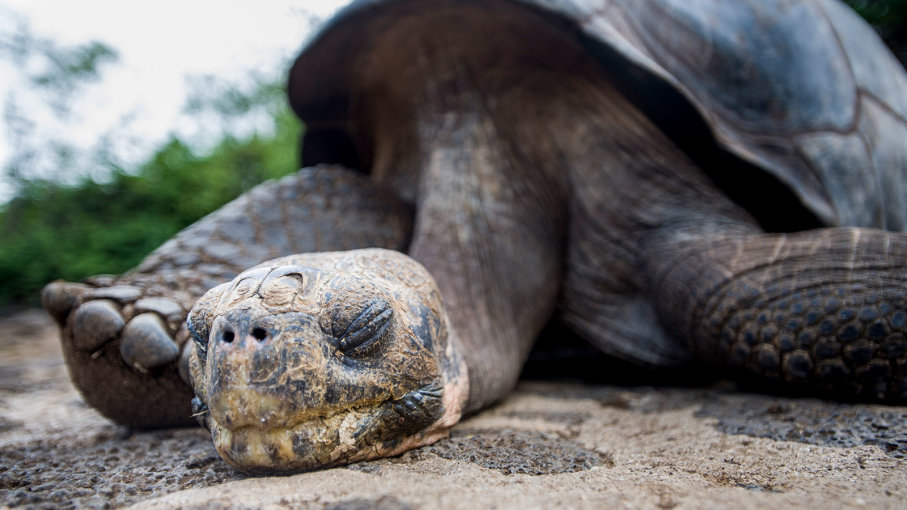Bi-specific antibodies, like a bridge between cancer and immune system
Monoclonal antibodies are specialized bullets that target only specific molecules. Some antibodies recognize proteins expressed by tumor cells, while others bind receptors on the surface of immune cells. What if they can do both? A class of antibody called BiTE (bi-specific T cell engager antibodies) is able to simultaneously bind a T cell and a cancer cell, forming a bridge between the two and thus helping the former destroy the latter.










